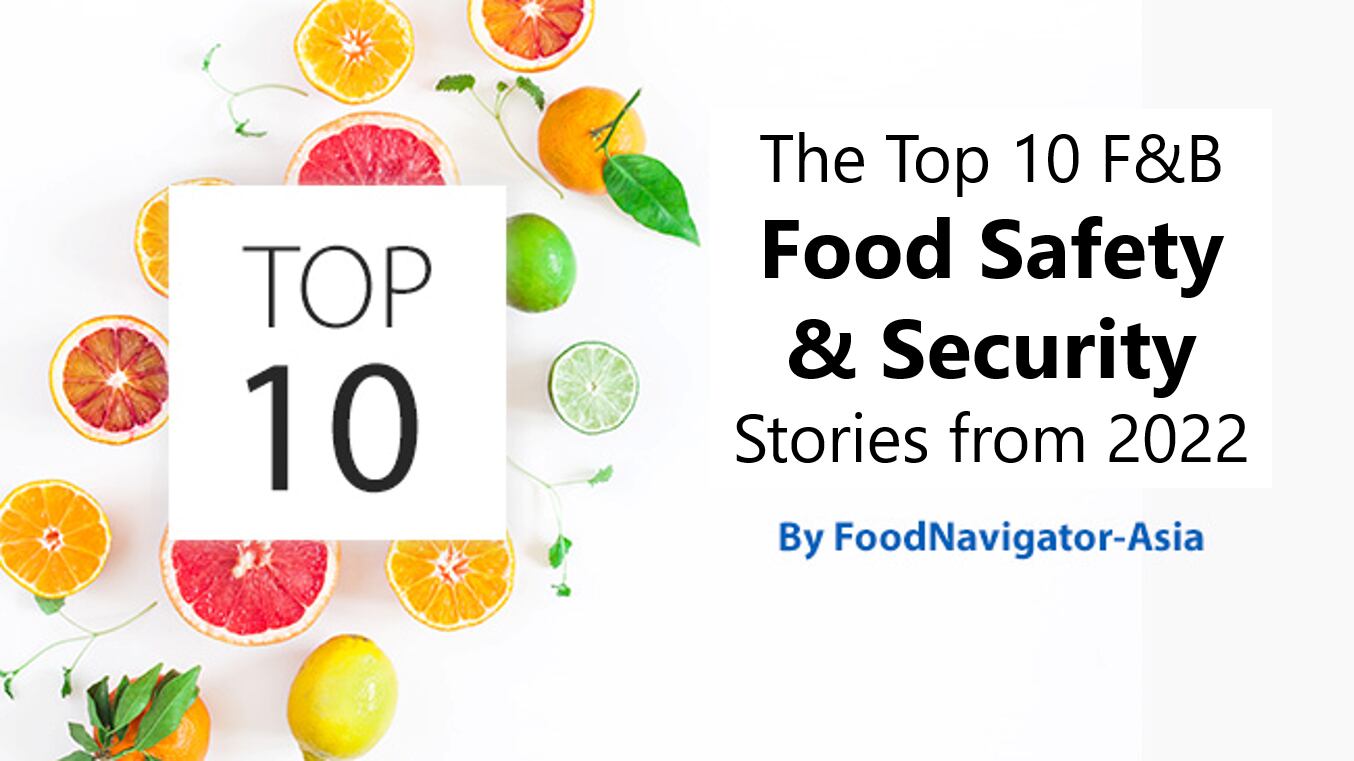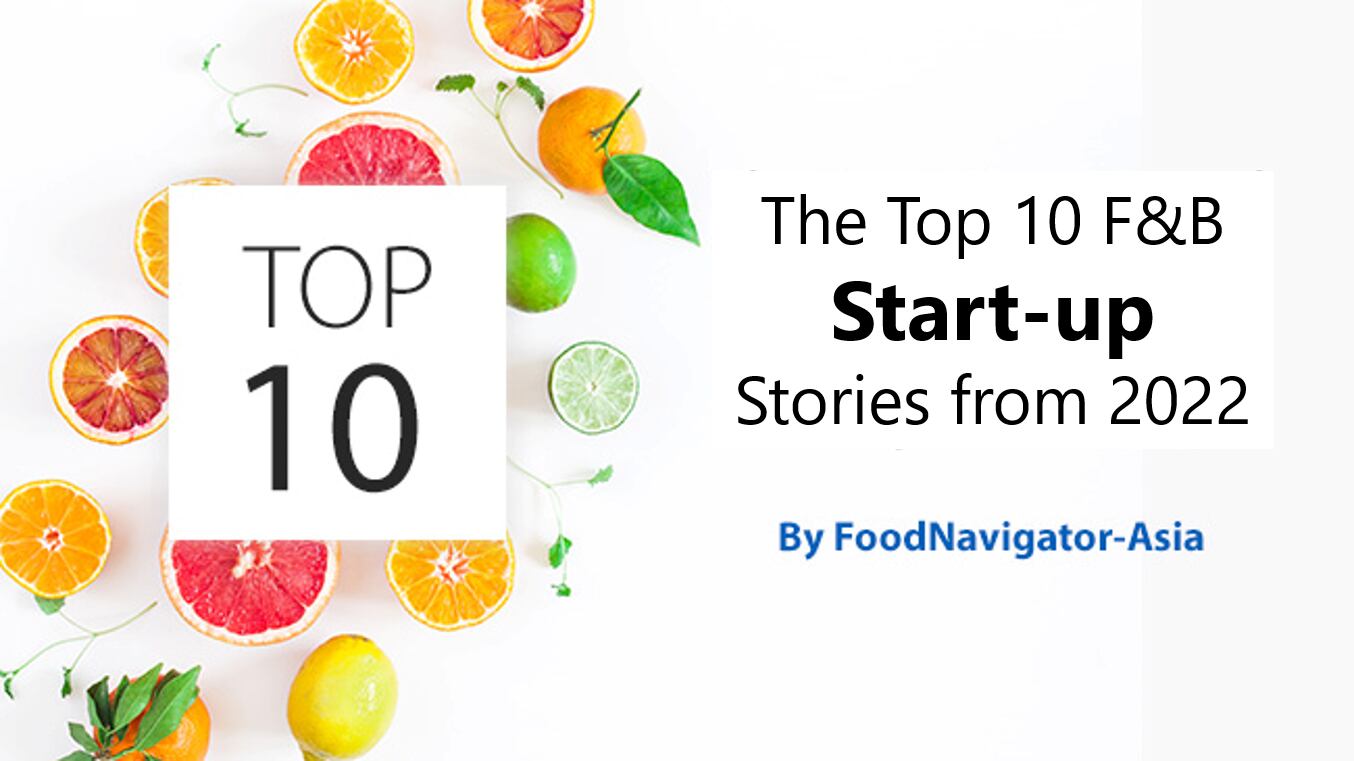Securing Singapore? Scale of city state’s food security 2030 challenge underlined by new data
The scale of Singapore’s challenge to achieve 30% food self-sufficiency by 2030 was underlined earlier this year by the city state’s national food agency.
According to the inaugural Singapore Food Statistics 2021 by the Singapore Food Agency (SFA), Singapore is currently producing 4% of vegetables, 8% of seafood and 30% of hen shell eggs domestically. It has ambitions to achieve an overall domestic production target of 30% by 2030 (also known as the ‘30 by 30’ target).
Based on these figures, chapter two of the report suggested a two-pronged approach to remedy the situation domestically – optimising the space available for the agri-food industry and providing more funds to boost production capabilities and capacities through R&D and tech adoption.
“Food security is an existential issue for Singapore. Today’s fast-evolving and complex operating landscape have accentuated Singapore’s vulnerability in food safety and security," said the report.
Thai cannabis teething troubles: Authorities vow tough approach to food products amid THC concerns
The Thai authorities stressed earlier in 2022 that stringent control measures would be enforced as more food and beverage firms moved to use cannabis-derived ingredients, amid claims that 30% of products contain higher than permitted tetrahydrocannabinol (THC) levels.
Thailand became the first country in South East Asia to formally legalise the use of cannabis for food-related purposes earlier this year.
The Thai Ministry of Public Health (MOPH) announced that cannabis and hemp would be delisted from the Category 5 list of narcotics in the Royal Gazette as controlled substances, legalising the planting, importing, consumption and also usage of these for use in food products, as long as the tetrahydrocannabinol (THC) content does not exceed 0.2%.
“The use and distribution of cannabis and hemp will however still be stringently monitored and controlled – we do not intend for these items, particularly if the THC content is over 0.2%, to be used too freely, particularly for recreational purposes,” MOPH said via a press statement.
Clear and present labels: Thailand mandates GMO declarations in latest food labelling regulatory update
The Thai government announced several updates in 2022 to the national food labelling regulations with food firms required to declare any use of genetically modified ingredients on food labels.
Previously, Thailand did not have specific regulations in place to govern the labelling of genetically modified ingredients on food product packages, but now the Thai Ministry of Public Health has announced that all food manufacturers handling GM products must declare their use of these on their labels.
“The clear statement ‘genetically modified’ must be declared alongside the food name on the label if the product contains only one ingredient, and if it uses multiple such ingredients these must also be clearly declared accordingly alongside each ingredient,” Thailand Deputy Minister of Public Health Dr Satit Pitutecha said.
Enforcement action: South Korea cracks down on use of butterfly pea flowers in foods and beverages
South Korea cracked down on the use of butterfly pea flowers in foods and beverages earlier this year, stating that consumption of the colourant is unsafe due to a lack of food safety data.
The South Korean Ministry of Food and Drug Safety (MFDS) conducted a crackdown on food firms and establishments using butterfly pea flowers as an edible ingredient for food and drinks, saying this was in violation of the national Food Safety and Sanitation Act.
“Butterfly pea flowers have not been approved for use in food under local regulations as its safety has not been proven – at present, it is mainly used for ornamental purposes and for colour extraction,” MFDS Minister Kim Kang-lip said.
Step-by-step: Hybrid products ‘steady strategy’ for alt protein industry to convert consumers - experts
Hybrid meat products comprising ‘real’ meat and plant-based meat were hailed as one of the steadiest strategies available for the alternative protein industry to convert consumers, gain acceptance and maximise its reach in Asian markets.
Hybrid meat products could be a combination of plant-based protein with either conventional or cultured ‘real’ meat, and industry experts believe that ironically the presence of this ‘real’ meat in products could be what crucial to converting consumers to eventually reducing their consumption of traditionally-produced meat.
This is especially so in Asia, a region where meat is a very important part of local diets and considered by many cultures to be not only a status symbol but also critical to health functions, making a sudden switch or abrupt acceptance of 100% plant-based foods somewhat more difficult.
‘Economic sabotage’: Philippines sugar dispute grinds on as producers demand import plan is scrapped
Controversy surrounded the Philippines’ Sugar Regulatory Administration’s (SRA) efforts to import 200,000 metric tonnes of premium refined sugar into the country earlier in 2022.The domestic industry secured a temporary halt to the measures, via a civil case against the order brought by United Sugar Producers Federation (UNIFED) member, the Rural Sugar Planters Association Inc. The Regional Trial Court (RTC) in Sagay City, Negros Occidental issued a 20-day temporary restraining order (TRO) blocking the import last week — just days after the SRA approved it.
Bayan Muna Rep. Carlos Isagani Zarate, deputy minority leader in the House of Representatives, called on the Department of Justice and the Ombudsman to look into the Duterte administration’s signing of Sugar Order No. 3, alleging “economic sabotage” of the Philippines’ sugar industry.
Fishy fraudulence: Supermarkets identified as main source of seafood adulteration in Singapore
Supermarket-bought imported seafood was identified as the main source of seafood adulteration in Singapore earlier in 2022, with calls for new technology to tackle the problem.
Singapore is heavily reliant on seafood as a protein and nutrition source, with an average consumption of 22kg per capita, but according to a recent Yale-NUS (National University of Singapore) study, over a quarter of this protein source could be fraudulently labelled and a potential threat to public health.
The researchers utilised DNA barcoding technology to identify the species of 89 seafood samples collected from restaurants and supermarkets across Singapore. Of these 89 samples, 23 or 25.8% were found to be mislabelled.
Mislabelling was determined based on comparison between the names the seafood were labelled and sold under in the stores and its ‘real’ name in the international FDA Seafood List.
COVID-19 contamination: Frozen food can carry virus, claims Chinese public health authority study
Frozen food from meat- and poultry-processing plants or markets can be contaminated with the COVID-19 virus, according to a paper published by the Chinese Center for Disease Control and Prevention (CCDC) published in 2022.
The CCDC is an independent agency of the National Health Commission, which falls under the Ministry of Agriculture.
These findings were highlighted in a study titled “Surveillance of SARS-CoV-2 Contamination in Frozen Food-Related Samples — China, July 2020 – July 2021” published in the China CDC Weekly.
The scientists collected and analysed over 55 million swabs of imported and domestic cold-chain foods and their outer or inner packaging during slaughter, production and processing, storage, transportation, and retail between July 2020 and July 2021.
Permission to enter: Indonesia looks to tighten processed food import controls
Indonesia started the ball rolling in 2022 on the introduction of new trade controls on imported processed foods, including a revised application process subject to government approval as well as stricter mandatory shelf-life requirements.
The new application process would require food firms looking to bring processed food items into Indonesia to obtain an approved Surat Keterangan Impor (abbreviated as SKI, Import Notification Letter) from Indonsia’s Badan Pengawas Obat dan Makanan (BPOM, National Agency of Drug and Food Control) before being allowed to import any processed foods into the country.
This newest amendment would fall under the 2021 version of the country’s food and drug import law. In the previous 2017 version, processed foods were not specified as part of the import items list required to obtain an SKI for entry – this included drugs, cosmetics, health supplements and certain fresh foods and processing ingredients, but not processed foods.
More hikes imminent: EU’s deforestation stance set to cause food price rises – policy experts
The EU’s approval of its controversial deforestation regulation is expected to drive up the cost of palm oil and other affected commodities, and thus food and beverage prices, amid ongoing inflationary pressures that have already affected a majority of countries globally.
The European Union parliament voted on and approved its long-debated deforestation regulation on September 13 2022, turning a deaf ear to strong opposition voiced by multiple countries, particularly producer countries of commodities such as palm oil which would be the most heavily impacted by the new regulation.
Opponents claim the move is nothing more than a ‘political protectionist tool’.





